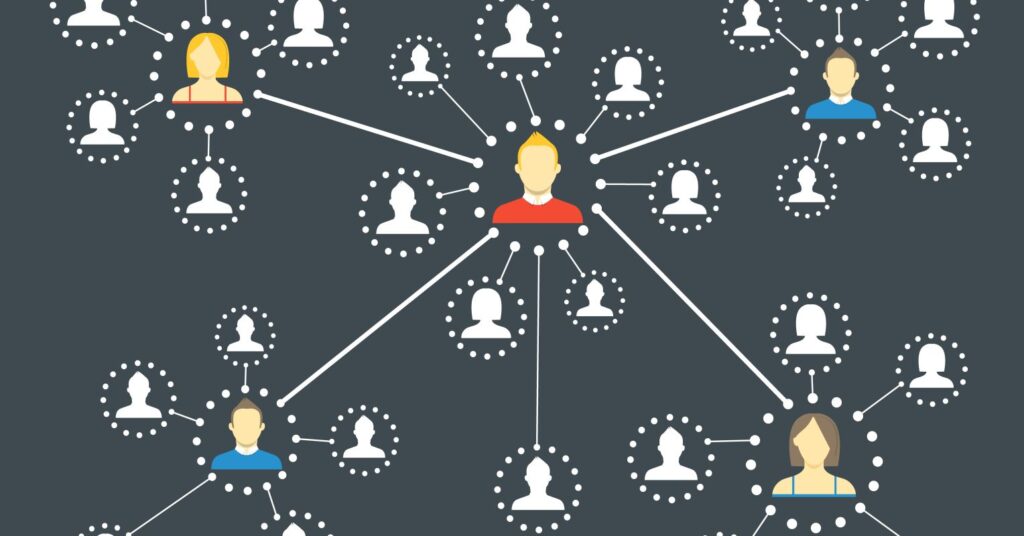Navigating the complexities of infertility and family-building as an LGBTQ+ individual, a couple, or a single mother by choice often involves considering donor conception to maintain a biological connection with a future child. This desire for genetic continuity can lead individuals to explore options like egg or sperm donation before turning to adoption or embryo donation. Donor conception not only offers the opportunity for a genetic link but also the profound experiences of pregnancy, childbirth, and early bonding that are deeply intertwined with the journey of parenthood.
The choice of donor conception is driven by a human desire to blend genetic heritage with nurturing relationships. Those who opt for donor sperm and eggs prioritize love, care, protection, and devotion in their journey to parenthood. However, the emphasis on genetic connection introduces complex social and psychological implications for both parents and donor-conceived individuals. For parents, there is a desire to pass on their ancestry and maintain biological continuity, often coupled with the experience of carrying and giving birth to a child. On the other hand, for donor-conceived individuals, the unknown genetic connection can influence their identity, sense of belonging, and self-understanding. Genetic ties play a significant role in how individuals perceive themselves within their families and across generations.
The psychological importance of genetic connections is deeply ingrained in personal and cultural beliefs about kinship. However, some may argue that focusing on genetic connections sidelines other essential aspects of parenthood, such as emotional bonding and unconditional love. It is not genetics per se that pose challenges, but rather the societal perceptions and meanings attached to genetics.
Balancing the yearning for a genetic connection with the nurturing of donor-conceived children is crucial as their experiences and perspectives are often overshadowed in the process. The discomfort arising from the complexities of donor conception can lead to cognitive dissonance, a state of mental unease caused by conflicting ideas. Instead of seeking quick resolutions, it is essential to sit with this discomfort and acknowledge the paradoxes inherent in the concept of donor conception.
Paradox, like cognitive dissonance, involves grappling with conflicting realities but requires integration rather than resolution. In the context of donor conception, the paradox lies in recognizing the importance of genetics while understanding that it does not define the entirety of parenthood or childhood. True understanding demands emotional vulnerability, curiosity, and a willingness to embrace uncertainty, challenging long-held beliefs about love, family, and self.
Listening to the voices of donor-conceived individuals sheds light on societal reactions to biological identity crises, especially in cases of IVF mix-ups. While society empathizes with parents in these situations, donor-conceived individuals often face judgment when expressing a desire to know their biological origins. This double standard highlights the need to acknowledge the complexities and paradoxes of donor conception fully.
Embracing the inherent paradoxes of donor conception, such as the significance of genetics and nurturing simultaneously, is essential for a more nuanced understanding of families formed through this process. Moving beyond binary thinking and embracing complexity allows for a compassionate perspective that centers the experiences of donor-conceived individuals. By acknowledging the emotional significance of genetic ties in donor conception, we can foster a more authentic understanding of these families, encompassing a range of human emotions and experiences. Embracing paradoxes in donor conception enriches our relationships and acknowledges the diverse facets of human life.

